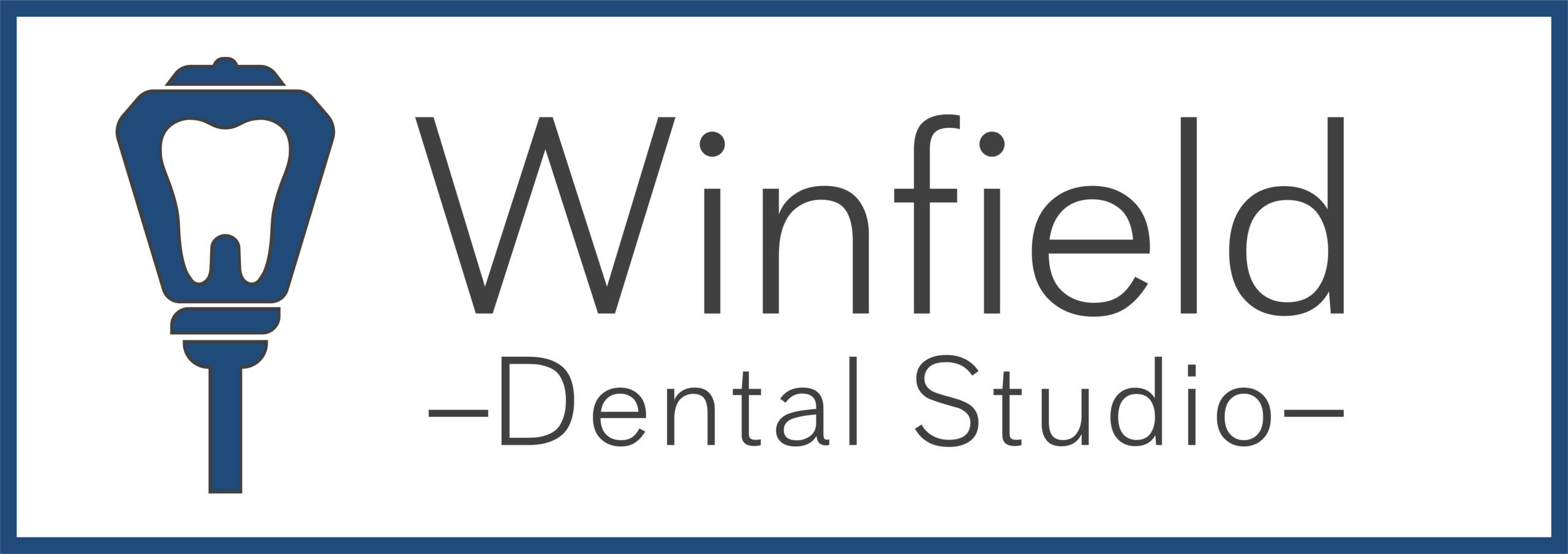
Frequent morning dryness may be more than just an occasional inconvenience—it could be a subtle signal of a widespread and often underestimated habit: nocturnal mouth breathing. Beyond the annoyance of waking up parched, this unconscious practice is intricately linked to numerous dental issues, casting a shadow on your oral health. In this blog, we’ll delve into the often-overlooked causes of mouth breathing, shed light on the dental complications it may trigger, and equip you with effective treatments to curb this potentially harmful nighttime habit. Join us on this informative journey to better understand and address the impact of nocturnal mouth breathing on your dental well-being.
Common Causes of Sleeping With Your Mouth Open:
Chronic Nasal Congestion:
Persistent nasal congestion can force individuals to breathe through their mouths during sleep. This chronic condition may be attributed to allergies, sinus issues, or respiratory infections, leading to mouth breathing as a coping mechanism.
Deviated Septum:
A deviated septum, a common anatomical issue, can obstruct nasal passages, making it challenging to breathe through the nose. As a result, individuals with a deviated septum may unconsciously resort to breathing through their mouths during sleep.
Inflamed Nasal Tissues and Tumors:
Inflammation of nasal tissues or the presence of tumors can impede proper airflow through the nose. This can compel individuals to breathe through their mouths, contributing to potential dental problems.
Sleep Apnea:
Obstructive sleep apnea, a serious sleep disorder, often involves disrupted breathing during sleep. Mouth breathing may become prevalent as a compensatory mechanism to overcome breathing pauses, impacting both sleep quality and dental health.
Dental Problems Associated With Mouth Breathing:
Sleeping with your mouth open can lead to various dental issues, including:
Dry Mouth: Mouth breathing reduces saliva production, increasing the risk of dry mouth. Saliva is crucial for neutralizing acids, preventing tooth decay, and maintaining oral health.
Gum Disease: Reduced saliva flow allows harmful bacteria to thrive, potentially leading to gum inflammation and disease.
Tooth Decay: Dry mouth and increased bacterial activity contribute to enamel erosion and tooth decay.
Treatments for Mouth Breathing:
Address Underlying Causes:
Consult with a healthcare professional to identify and address the root causes of mouth breathing, such as nasal congestion or a deviated septum.
Hydration and Saliva Stimulation:
Stay well-hydrated throughout the day to combat dry mouth. Chewing sugar-free gum or consuming foods that stimulate saliva production can help maintain oral moisture.
Orthodontic Intervention:
In severe cases, orthodontic solutions may be recommended to correct the positioning of the jaw and improve nasal breathing.
The impact of sleeping with your mouth open on dental health is multifaceted. Understanding the underlying causes and implementing practical solutions can contribute to a healthier smile. If you find yourself consistently sleeping with your mouth open and experiencing associated dental issues, consider consulting with your dentist. Your dentist can provide personalized guidance and recommend appropriate treatments to safeguard your oral health. Don’t let the quality of your sleep compromise your radiant smile – take proactive steps towards a healthier, happier you.




